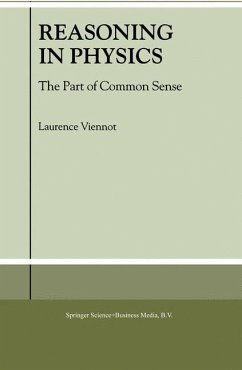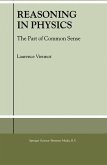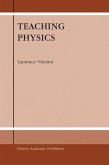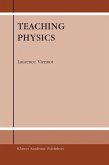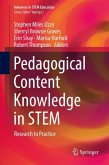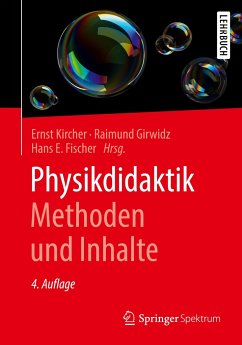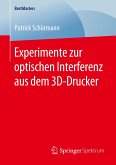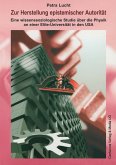For a meaningful understanding of physics, it is necessary to realise that this corpus of knowledge operates in a register different from natural thought. This book aims at situating the main trends of common reasoning in physics with respect to some essential aspects of accepted theory. It analyses a great many research results based on studies of pupils and students at various academic levels, involving a range of physical situations. It shows the impressive generality of the trends of common thought, as well as their resistance to teaching. The book's main focus is to underline to what extent natural thought is organised. As a result of this mapping out of trends of reasoning, some suggestions for teaching are presented; these have already influenced recent curricula in France.
This book is intended for teachers and teacher trainers principally, but students can also benefit from it to improve their understanding of physics and of their own ways of reasoning.
This book is intended for teachers and teacher trainers principally, but students can also benefit from it to improve their understanding of physics and of their own ways of reasoning.
`Viennot and colleagues at Université Denis Diderot (France) clearly demonstrate the value of didactics--the science of teaching, or pedagogy. Their book is based on surveys involving students at various education stages, from secondary school to the university. They carefully chronicle the many twists and turns of common sense or natural reasoning and seek out how best to cultivate a habit of scientific thought. Among many other results, they find a strong natural tendency for students to materialize the objects of physics, to consider quantities as intrinsic characteristics of objects, to apply causal linear reasoning, and to spuriously neglect extra variables. Viennot and colleagues analyze such reductionist tendencies in detail and recommend that multifunctional dependencies be introduced early. They indicate that less emphasis on formulae, combined with a better balance of qualitative and quantitative reasoning skills, would cultivate ways of thinking that provide greater coherence and reliability. They end the book with a plea for the teaching of reasoning in physics. Graduate students through professionals.'
T. Eastman, formerly University of Maryland in Choice, April 2002
T. Eastman, formerly University of Maryland in Choice, April 2002
`Viennot and colleagues at Université Denis Diderot (France) clearly demonstrate the value of didactics--the science of teaching, or pedagogy. Their book is based on surveys involving students at various education stages, from secondary school to the university. They carefully chronicle the many twists and turns of common sense or natural reasoning and seek out how best to cultivate a habit of scientific thought. Among many other results, they find a strong natural tendency for students to materialize the objects of physics, to consider quantities as intrinsic characteristics of objects, to apply causal linear reasoning, and to spuriously neglect extra variables. Viennot and colleagues analyze such reductionist tendencies in detail and recommend that multifunctional dependencies be introduced early. They indicate that less emphasis on formulae, combined with a better balance of qualitative and quantitative reasoning skills, would cultivate ways of thinking that provide greater coherence and reliability. They end the book with a plea for the teaching of reasoning in physics. Graduate students through professionals.'
T. Eastman, formerly University of Maryland in Choice, April 2002
T. Eastman, formerly University of Maryland in Choice, April 2002

